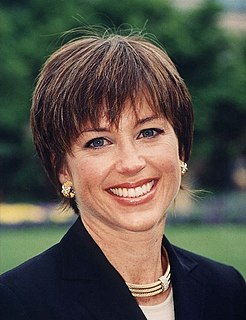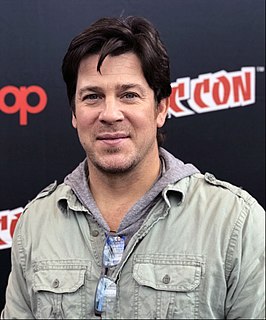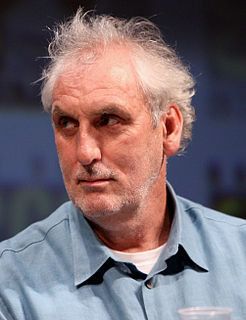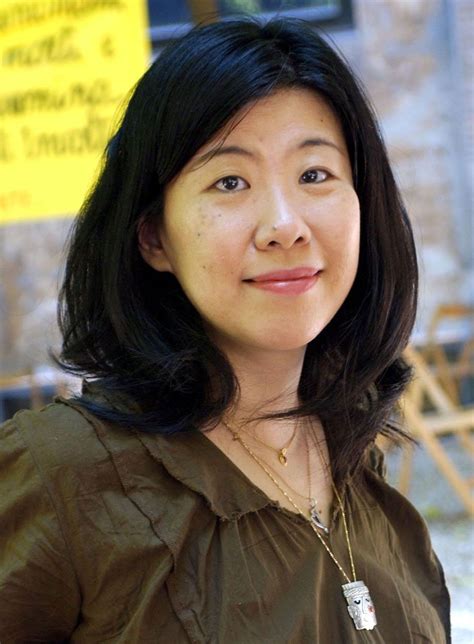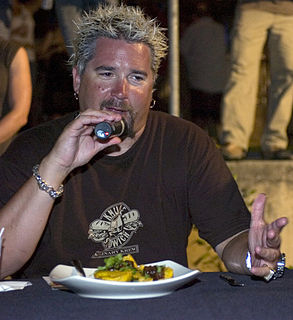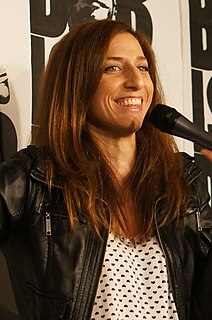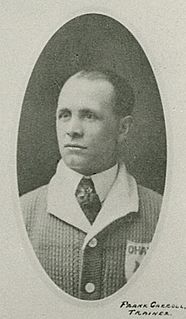A Quote by Dorothy Hamill
It was very much like Norman Rockwell: small town America. We walked to school or rode our bikes, stopped at the penny candy store on the way home from school, skated on the pond.
Related Quotes
Every time somebody writes a theory about where literature's going, that person is not only contributing thought but nudging things to happen in one way or the other. Just as in painting, there's much more interest in the American scene painters and the early American... like the Ashcan school of painters. Who would have thought, 50 years ago, that Norman Rockwell would again be considered a serious painter? And yet, there are a lot of people who are saying Rockwell was a very accomplished technician. These things are constantly moving.
As a child, I walked with my friends to Rosa Parks Elementary and then to Ben Franklin Middle School. I rode Muni to Galileo High School. And thanks to amazing teachers who believed in me and supported me along the way, I was able to matriculate to another public school: the University of California at Davis.
We ran into lots of old friends. Friends from elementary school, junior high school, high school. Everyone had matured in their own way, and even as we stood face to face with them they seemed like people from dreams, sudden glimpses through the fences of our tangled memories. We smiled and waved, exchanged a few words, and then walked on in our separate directions.
